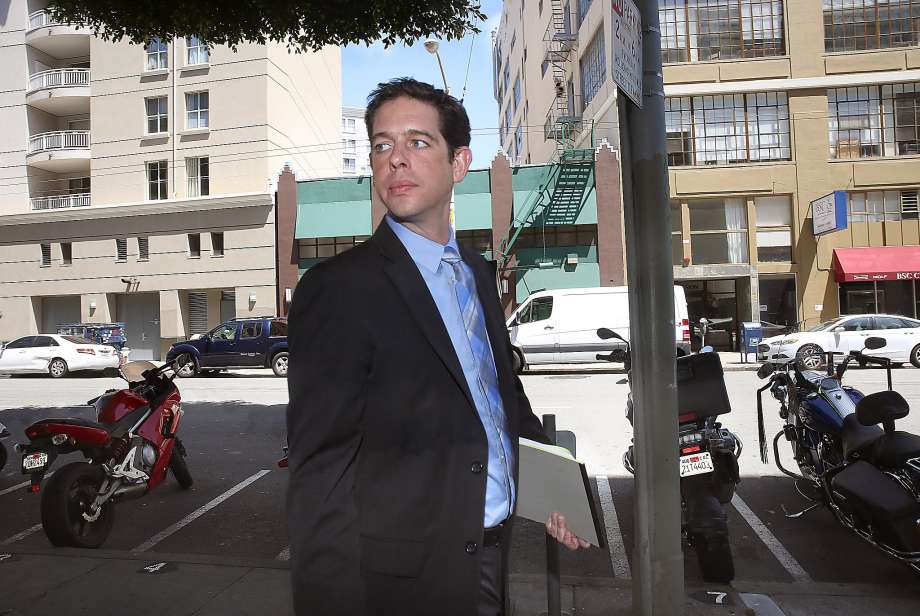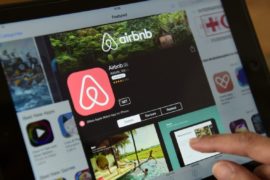Airbnb may have won many people’s choice awards, but it hasn’t gotten many points with its hometown. Now, the city seems to have tamed the beast and emerged as the undisputed enforcer of the modern-day iteration of the temporary flop. San Francisco’s newly fanged Office of Short-Term Rentals no longer has to plea with billion-dollar platforms to remove hosts that flout the rules – they merely tell them to remove these bad actors.
In a nanosecond, thousands of straggling, unregistered Airbnb hosts got their listings deactivated, nixing nearly half of Airbnb’s listings overnight. That’s because when the clock struck midnight on Wednesday, January 17, a new law kicked in requiring hosts to register their property went into effect.
In that moment of reckoning, the rules become clearer. A short-term rental host that shows compliance with San Francisco’s laws and earns a license issued by the city is legal, and those who don’t follow the law are illegal and excommunicated – not open for debate or discussion. As part of the long-promised crackdown, 2,000 units were pulled off the site last Tuesday alone, ending an era when not having a license was no bar to ranking in cash.
The data is fresh and we are still analyzing it, but it appears that at least 6,000 short-term rental listings were removed through this process…. For Airbnb alone, around 4,760 listings were removed.”
~ Kevin Guy, director of S.F’s Office of Short Term Rentals
Joe Eskenazi has a riveting behind-the-scenes glance of the final countdown to the Airbnb registration at the Office of Short Term rentals.
San Francisco stands alone in putting such a dent in Airbnb’s listings, but who, exactly, is responsible for this dramatic turnaround? Their capitulation to demands is not owed to Airbnb itself or the city attorney, but to an “only in San Francisco coalition” that united odd bellows to organize, run campaigns, educate, and eventually support the Goliath to quit posting illegal listings, submits this article.
Regardless of the forces behind Airbnb’s about face, Bornstein Law has seen this day long in the making and feel somewhat validated by our predictions very early on in the parade that the law would catch up with technology.
Airbnb wins a lawsuit that threatened its entire business model
In a victory for profiteering renters that improperly sublet their units for extra cash, a federal judge has tossed out a lawsuit that sought to crack down on hosts using the Airbnb website without landlord permission. Denver-based Aimco took the fight to Airbnb in dual lawsuits in Florida and California, claiming that Airbnb was deliberately incentivizing people to break their leases. A judge rejected this argument, ruling that Airbnb was not responsible for any havoc that was wrecked by guests. That according to the Communications Decency Act, a federal law that gives internet companies immunity for content that users or random people post on their sites.
The takeaway for landlords? Don’t wear blinders, and some personal sleuthing may be in order to determine what is going on in their rental units. Owners can and must take corrective action if improper subletting is detected.
If history is any indication, we’re sure that it won’t be too long before Airbnb graces itself in the news again, but you can count on the landlord lawyers of Bornstein Law to help stay in the know.





